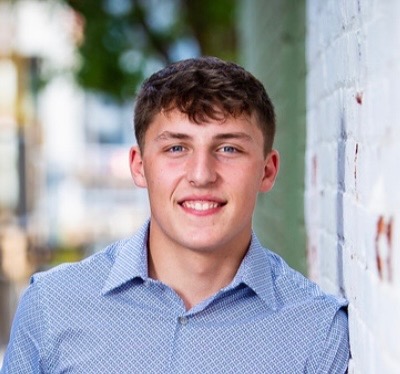Artists bring abortion rights to center stage

Courtesy / Ayron Rutan
Aug 1, 2022
In the wake of the United States Supreme Court’s decision to overturn Roe v. Wade numerous artists across all areas of the musical landscape have voiced their support for women’s reproductive rights.
These verbal protests have come in the form of social media posts, interviews and, to the most controversy, live shows.
The most notable of responses came in late June at Glastonbury, an annual music festival held in Somerset, England. During the festival, artists such as Olivia Rodrigo, Kendrick Lamar, Billie Eilish and Pheobe Bridgers voiced their distaste for the court’s ruling onstage during each of their sets.
Lamar graced fans with a fierce performance of “United In Grief,” a song about deep personal pain off of his long-awaited album “Mr. Morale and the Big Steppers,” which was released in May to critical acclaim. At the track’s peak Lamar broke into a powerful chant, repeatedly rapping the phrase “Godspeed for women’s rights, they judge you, they judged Christ” before dropping the microphone and walking off-stage.
Olivia Rodrigo had a less cryptic response, but it was just as powerful. During her set, the 19-year-old singer had choice words for the Supreme Court.
“I’m devastated and terrified that so many women and so many girls are going to die because of this,” said Rodrigo. “I wanted to dedicate this next song to the five members of the Supreme Court who have showed us that at the end of the day, they truly don’t give a s*** about freedom.”
After voicing her distaste for the Court, Rodrigo enlisted the help of British artist Lily Allen to perform her 2009 hit “F*** You,” which she dedicated to the five justices who decided to overturn Roe v. Wade including Clarence Thomas, Samuel Alito, Amy Coney Barrett, Brett Kavanaugh and Neil Gorsuch.
While many were inspired and moved by the actions of these artists, some fans were angered, feeling that performers should stick to performing and not foist their political views upon concertgoers. This raises the question; should artists use live shows as a platform?
If you know even a little music history of any kind, the answer should be fairly obvious. Since the rise of Rock n Roll in the 1960s, music has almost always been political. It is a reflection of the world around us. So many anthems we all cherish are political.
Music is a platform in and of itself. So, of course artists should use their live shows as one. The beauty of a live show is that it gives the artist a way to communicate with the audience in a way that isn’t possible by just listening to a record.
Live music is present, authentic and extremely powerful. By using the stage as a platform to express ideas and beliefs, the artist can impact thousands and even millions of people in a positive way, they could shed light on issues that aren’t getting enough media attention and they can ultimately help grow important movements.
The question should not be whether artists should use live shows as a platform, but why shouldn’t they?






















